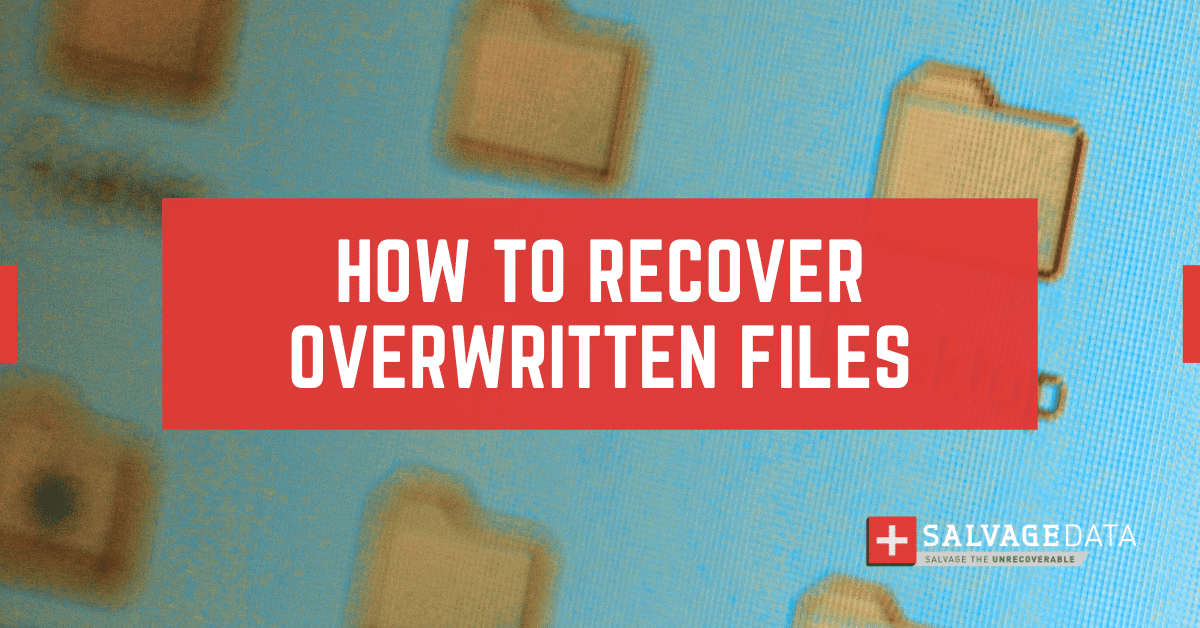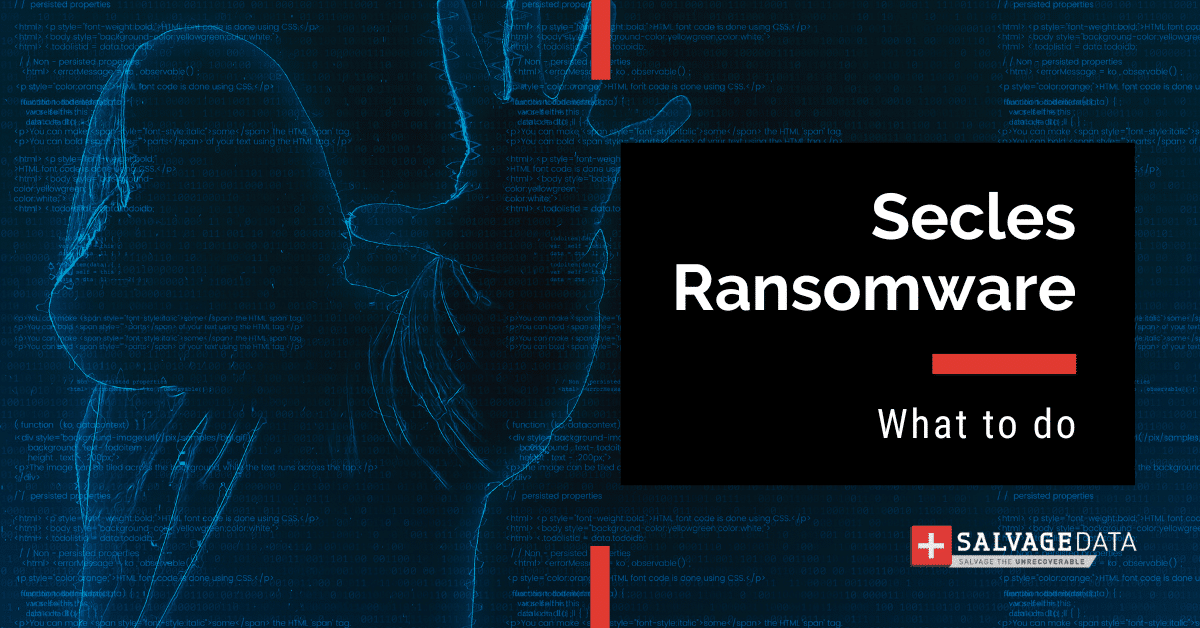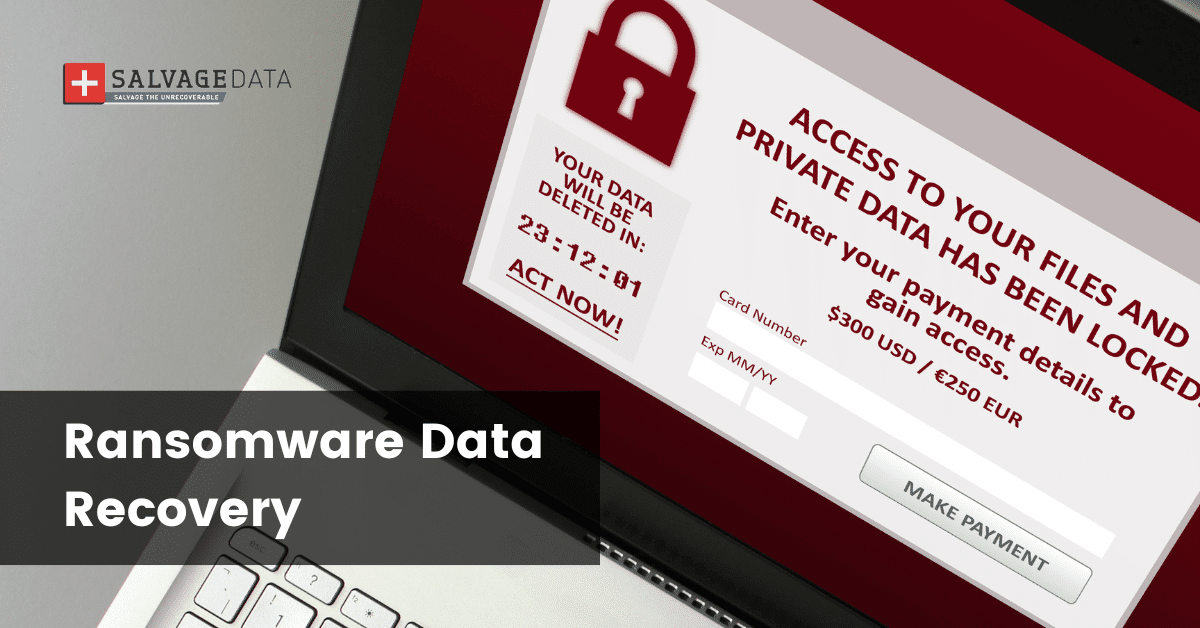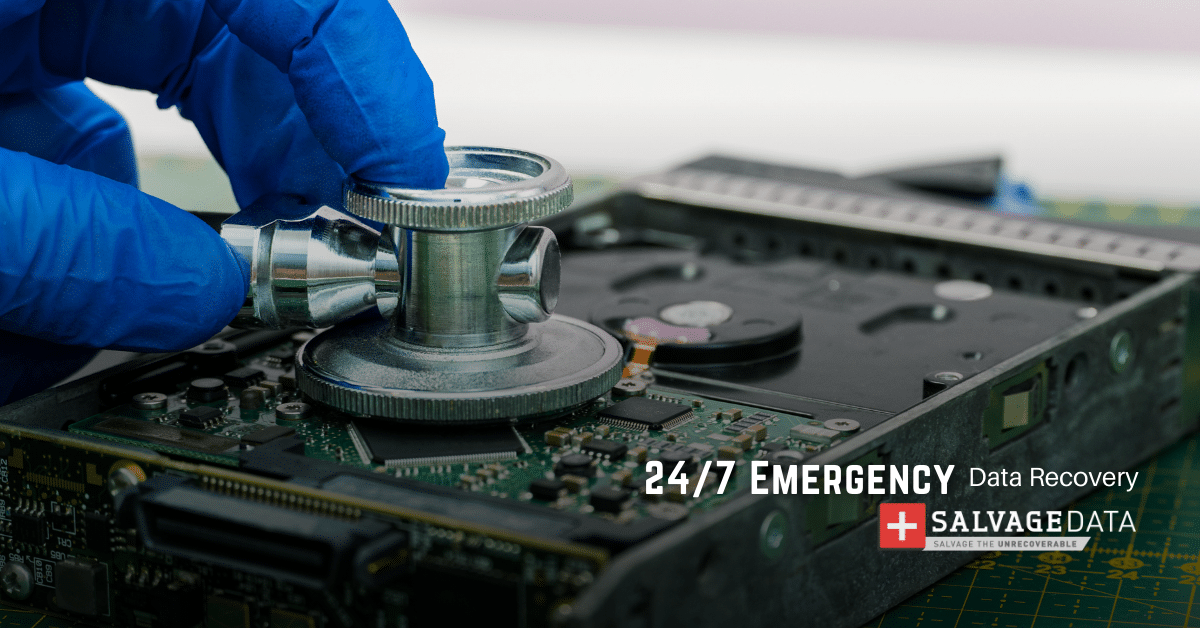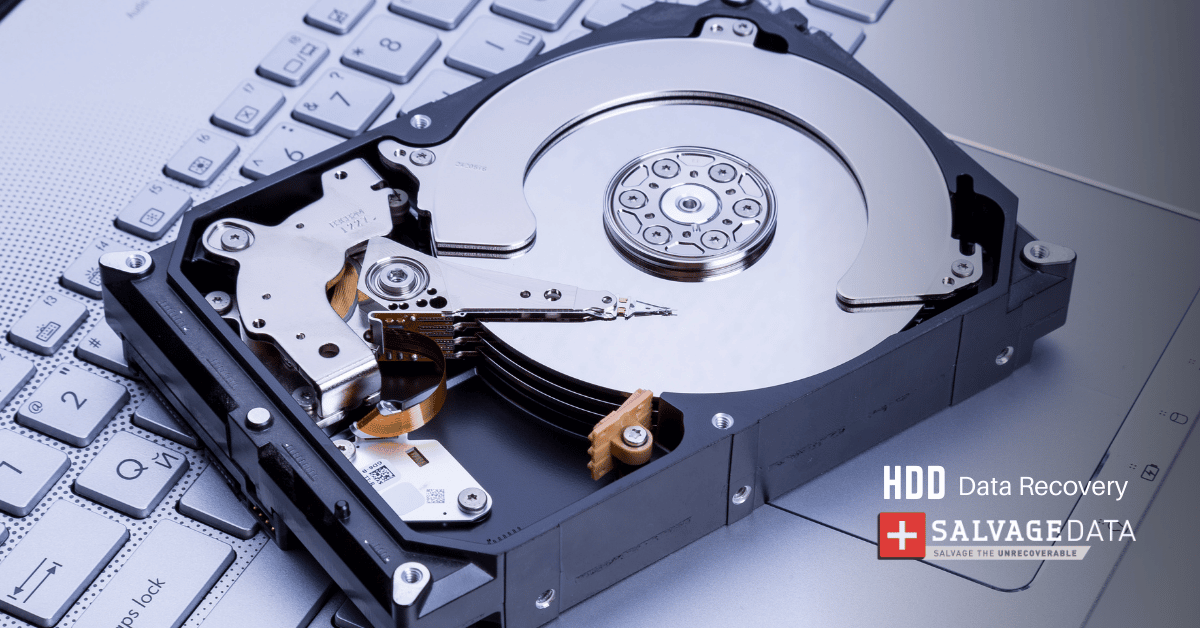Recent Articles
How To Recover Overwritten Files
The Snowflake Data Breach: A Comprehensive Overview
Mac Not Recognizing External Hard Drive: Quick Fix Solutions
How Multi-Cloud Backup Solutions Can Prevent Data Disasters
Capibara Ransomware: What is it & How to Remove
What Should a Company Do After a Data Breach: The Ticketmaster Incident
Secles Ransomware: Removal Guide
What To Do When Your Chromebook Freezes
How to Create Hyper-V Backup
What Is The Best Data Recovery Software For PC

I think there's an issue with my storage device, but I'm not sure Start a free evaluation →
I need help getting my data back right now Call now (800) 972-3282
What is CockBlocker Ransomware?
CockBlocker is a type of malware that encrypts files on your computer, making them inaccessible unless you pay a ransom. CockBlocker is particularly insidious as it not only blocks access to your files but also changes your desktop background to an explicit image, making it impossible to use your computer without seeing the offensive image.
What encryption methods does CockBlocker use?
CockBlocker ransomware uses a combination of RSA and AES encryption to render your files unreadable. RSA is a public-key cryptography algorithm, which means that there is a unique key for each file that is encrypted. This makes it incredibly difficult to decrypt the files without the corresponding key. AES is a symmetric-key cryptography algorithm, which means that the same key is used to encrypt and decrypt the files. CockBlocker ransomware first encrypts your files using RSA, then AES. This double layer of encryption makes it virtually impossible to decrypt your files without paying the ransom.
How much is the ransom?
The ransom demand for CockBlocker ransomware is typically 2 Bitcoin. The ransom must be paid within 96 hours, or the encrypted files will be permanently lost. CockBlocker ransomware also threatens to post embarrassing images and videos from your computer to social media if the ransom is not paid.
How does CockBlocker Ransomware spread?
CockBlocker ransomware can spread through email attachments, malicious websites, or infected software downloads. Once it’s on your computer, CockBlocker ransomware will scan for specific types of files to encrypt, including documents, pictures, and music files. CockBlocker ransomware will then append the “.cockblocker” extension to the encrypted files, making them impossible to open without the decrypt key.
History
CockBlocker was first discovered in August 2018. We believe it to be a variant of the STOP (Djvu) ransomware family.
The biggest CockBlocker ransomware attack to date occurred in September 2018, when CockBlocker ransomware was used to target the city of Atlanta, Georgia. The attack resulted in the city’s employees being locked out of their computer systems, and it forced the city to pay a $51,000 ransom in Bitcoin to regain access to its files.
Protection
The best way to protect yourself from CockBlocker ransomware is to have a reliable anti-malware program installed on your computer and to avoid opening email attachments or clicking on links from unknown sources. You should also regularly back up your important files to an external hard drive or cloud storage service so that you can recover them if CockBlocker ransomware encrypted them.
What should I do if I’m infected with CockBlocker Ransomware?
If it has infected you with CockBlocker ransomware, the first thing you should do is disconnect your computer from the internet to prevent the ransomware from encrypting any more files. You should then run a scan with an anti-malware program to remove CockBlocker ransomware from your computer. Once CockBlocker ransomware has been removed, you can then restore your files from a backup if you have one. If you don’t have a backup, you may be able to use a decryptor tool to recover your files, but there is no guarantee that this will work. Ultimately, if you cannot decrypt your files, you will need to accept that they are lost and start fresh with new files. Or you can contact a data recovery specialist to see if they can assist you.
We do not recommend paying the ransom as this does not guarantee that you will get your files back. There have been cases where victims who have paid the ransom have not received the decrypt key. Not to mention, by paying the ransom, you are encouraging the attackers to continue their malicious activities.
Is there a public decryption tool for CockBlocker?
At this time, there is no public decryption tool for CockBlocker.
Contact a data recovery service
Data recovery services specialize in retrieving files that have been lost or corrupted, and they may be able to help you recover your CockBlocker ransomware-encrypted files.
SalvageData is a data recovery company that has successfully retrieved CockBlocker ransomware-encrypted files in the past. They offer a free consultation to assess the feasibility of data recovery and have an excellent success rate.
SalvageData ransomware data recovery team will decrypt your files and guarantee they restored them. Even if decryption is impossible, our experts can communicate with the hacker group on your behalf. Contact us now and get help from experts. CockBlocker ransomware removal is possible with us.

